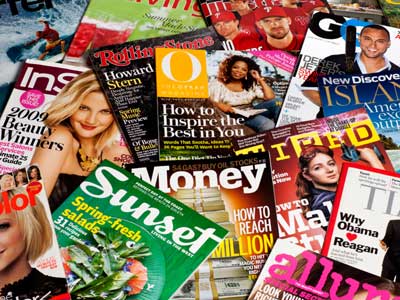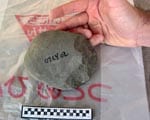Science writer Chris Gorski has covered the research of Priyali Rajagopal, an assistant professor of marketing in Cox School of Business.
Priyali and Nicole Montgomery, an assistant professor of marketing at College of William and Mary have reported findings in which people who read vivid print advertisements for fictitious products actually come to believe they’ve tried those products.
Gorski’s coverage appeared in an online report distributed by the Inside Science News Service and published by U.S. News & World Report.
The scientific paper “I Imagine, I Experience, I Like: The False Experience Effect” appears in the October 2011 issue of the Journal of Consumer Research.
In it, Priyali and Montgomery explain how exposing consumers to imagery-evoking advertising increases the likelihood that a consumer mistakenly believes he or she has experienced the advertised product, and subsequently produces attitudes that are as strong as attitudes based on genuine product experience.
Read the U.S. News & World Report article.
EXCERPT:
Chris Gorski
U.S. News & World Report“Advertising is everywhere people look. It’s along the highway, in storefronts, and online. It can be funny or poignant; it can be annoying. New research shows it can also encourage people to recall things that never happened to them.
Nicole Votolato Montgomery, an assistant professor of marketing at the College of William & Mary in Williamsburg, Va., and Priyali Rajagopal, an assistant professor of marketing at Southern Methodist University, in Dallas, Texas, developed an experiment to test the effects of advertisements on memory. They asked people to read a very descriptive print advertisement detailing the taste of a fictional popcorn product made by a familiar brand name, then asked a portion of the subjects to taste popcorn labeled with the fictional name. A week later, those who merely read the detailed advertisement were just as likely to report eating this popcorn as people who actually ate it.
People who read an advertisement with less vivid imagery were far less likely to report eating the popcorn. “What we found is that if consumers falsely believe they have experienced this advertised brand, their evaluations of that product are similar to evaluations of products that they actually experienced. That is a fairly unique finding,” said Montgomery. “Humans are a lot more inaccurate than we think we are,” said Michael Nash, a professor of psychology at the University of Tennessee-Knoxville. He said that the phenomenon of false memories is well-known in psychology, and that he found it interesting that the research extends the concept to marketing.





